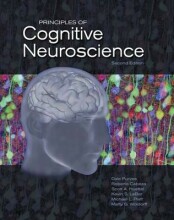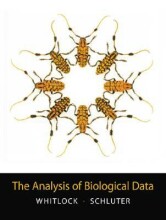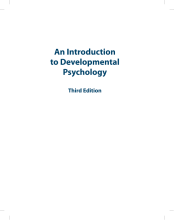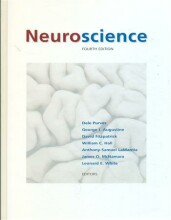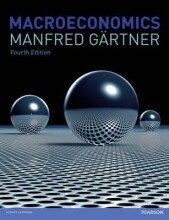Try our study magic for free
Summary: Principles Of Cognitive Neuroscience | 9780878935734 | Dale Purves
- This + 400k other summaries
- A unique study and practice tool
- Never study anything twice again
- Get the grades you hope for
- 100% sure, 100% understanding
a PDF, study it super fast
- No sign up, email or credit card needed!
- AI makes unlimited flashcards
- Get unlimited quizzes and tests
- Ask AI anything
- No sign up, email or credit card needed!
- Have and keep perfect overview
- Make flashcards, notes and mind maps
- Review, test and score!
Read the summary and the most important questions on Principles of cognitive neuroscience | 9780878935734 | Dale Purves ... [et al.].
-
1 Cognitive neuroscience: definition, themes and approaches
This is a preview. There are 5 more flashcards available for chapter 1
Show more cards here -
Which two fields contain cognitive neuroscience?
Neuroscience as well as cognitive science -
What does cognitive neuroscience seek to do?
Measure cognitive abilities and behavior to understand how the human brain works at all levels -
1.2 cognition
This is a preview. There are 1 more flashcards available for chapter 1.2
Show more cards here -
Name why it is hard to understand an study cognition
They arise too rapidly to be conscious and they occur automatically in the background of current processes -
1.2.1 Natural philosophy and early psychology
-
Who where the pioneers of psychology in nineteenth century
Wilhelm Wundt
Hermann von Helmholtz
William James -
1.2.2 Behaviorism
This is a preview. There are 1 more flashcards available for chapter 1.2.2
Show more cards here -
Who where the most important names in behaviourism during the twentieth century?
B.F. Skinner and John Watson -
Explain what operant conditioning does to rats
Food rewards made rats more likely to engage in whatever behavior occurred immediately before the reward -
1.2.3 Cognitive science
This is a preview. There are 2 more flashcards available for chapter 1.2.3
Show more cards here -
What did George Miller found in the 1950's
People are able to represent 7 unique items at one time this was called immediate memory -
What is the focus of cognitive science
It focusses on information processing associated with cognitive participants (human and none), computational simulation of cognitive psychology, social psych, psychiatry etc. -
What are cognitive models trying to describe
The underlying psychological processes -
1.3 neuroscience
This is a preview. There are 9 more flashcards available for chapter 1.3
Show more cards here -
What brain area where physicians interested in by the early nineteenth century?
The cerebral cortex
- Higher grades + faster learning
- Never study anything twice
- 100% sure, 100% understanding
Topics related to Summary: Principles Of Cognitive Neuroscience
-
Appendix - neuroscience
-
Appendix - cognitive neuroscience: the neurobiological approach to cognition
-
Appendix - methods: convergence and complementarity
-
Appendix - convergence through meta-analysis
-
The methods of cognitive neuroscience
-
Sensory systems and perception: vision
-
Sensory systems and perception: auditory, mechanical, and chemical senses
-
Motor systems: the organization of action
-
Attention and its effects on stimulus processing
-
The control of attention - Clinical evidence of brain regions involved in attentional control
-
The control of attention - Control of voluntary attention - Delineating the role of the frontoparietal network in control of attention
-
The control of attention - Control of voluntary attention - Single-neuron recordings in frontal and parietal cortex during attentional control
-
The control of attention - Visual search
-
The control of attention - Attention, levels of arousal and consciousness
-
Memory: varieties and mechanisms - introduction
-
Memory: varieties and mechanisms - Dissociating memory systems - Working memory versus declarative memory
-
Memory: varieties and mechanisms - INTRODUCTORY BOX the case of H.M
-
Declarative memory
